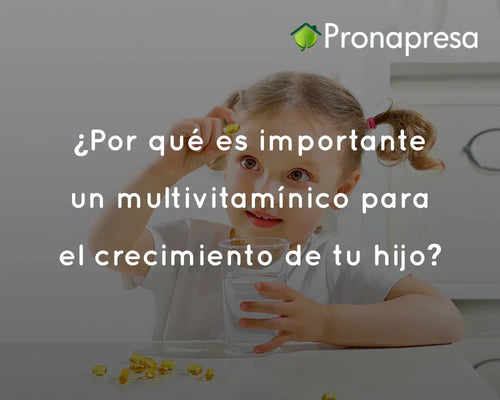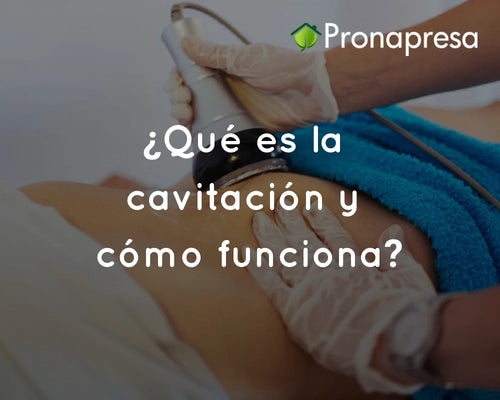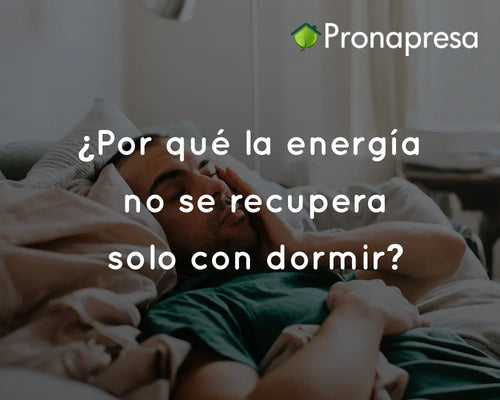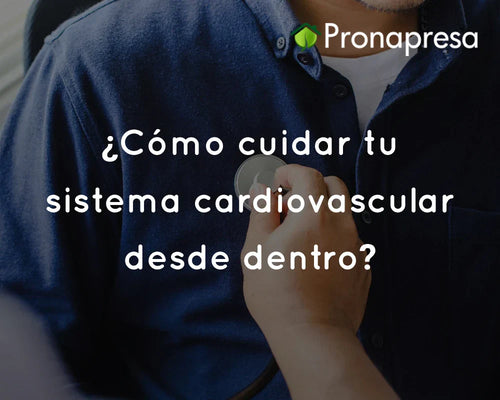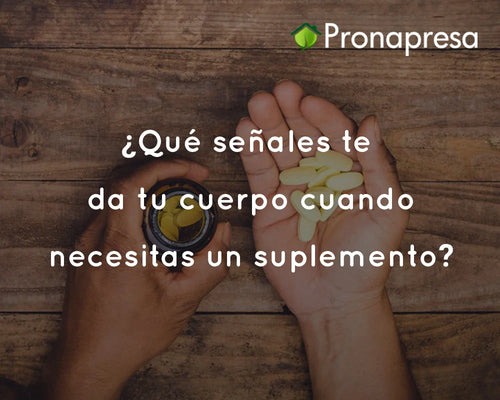
What is Kardia Mobile?
The Kardia Mobile is a portable medical device developed by AliveCor that allows users to perform electrocardiograms (ECGs) anytime, anywhere. It's small, about the size of a credit card, and connects to a smartphone or tablet via an app. By simply placing their fingers on the device's electrodes for 30 seconds, users can obtain an accurate reading of their cardiac activity.
The Kardia Mobile has been approved by the FDA (United States Food and Drug Administration), ensuring it meets high standards of safety and efficacy. This device is designed for both personal use and use by healthcare professionals, making it a versatile tool for monitoring and managing cardiac conditions.
How does Kardia Mobile work?
- Connecting the Device: First, the user must download the Kardia app to their mobile device. The Kardia Mobile is then paired with the phone or tablet via Bluetooth.
- Performing an ECG: To perform an electrocardiogram, the user simply places two fingers of each hand on the Kardia Mobile electrodes. In approximately 30 seconds, the device captures the heart's electrical activity and transmits it to the Kardia app.
- Viewing and Storing Results: The Kardia app displays the ECG results in real time. It also automatically saves the recordings, allowing the user to review them later or share them with their doctor.
- Data Interpretation: The Kardia app also offers an automatic interpretation feature that can detect certain cardiac conditions, such as atrial fibrillation (AFib), normal heart rhythm, bradycardia (slow heart rate), and tachycardia (rapid heart rate). However, for a complete and accurate diagnosis, a review by a healthcare professional is always recommended.
[product=kardia-mobile-portable-cardiac-monitor-device]
Innovative tool that allows you to record electrocardiograms (ECG) from the comfort of your home
[/product]
Benefits of Kardia Mobile
1. Continuous and real-time monitoring
The Kardia Mobile allows users to monitor their heart health anytime, anywhere. This is especially beneficial for people with chronic heart conditions that require regular monitoring. The ability to perform an ECG at home, at work, or while traveling provides great peace of mind and can help detect problems before they become emergencies.
2. Early detection of heart problems
One of the greatest advantages of the Kardia Mobile is its ability to detect heart problems in their early stages. Atrial fibrillation, for example, is a condition that often doesn't present obvious symptoms but can be detected through an ECG. Early detection of AFib and other cardiac arrhythmias allows patients to seek timely treatment and reduce the risk of serious complications such as stroke.
3. Ease of use
The Kardia Mobile's design is incredibly intuitive. No advanced medical knowledge is required to use the device or app. This makes the Kardia Mobile accessible to people of all ages and technological skill levels. The simplicity of the process also ensures that users are more likely to have regular heart checkups.
4. Data storage and sharing
The ability to store and share ECG records is another important benefit. Users can save all their electrocardiograms in the app and access them whenever needed. Additionally, these records can be easily shared with doctors or other healthcare professionals, facilitating ongoing review and monitoring of the patient's condition.



